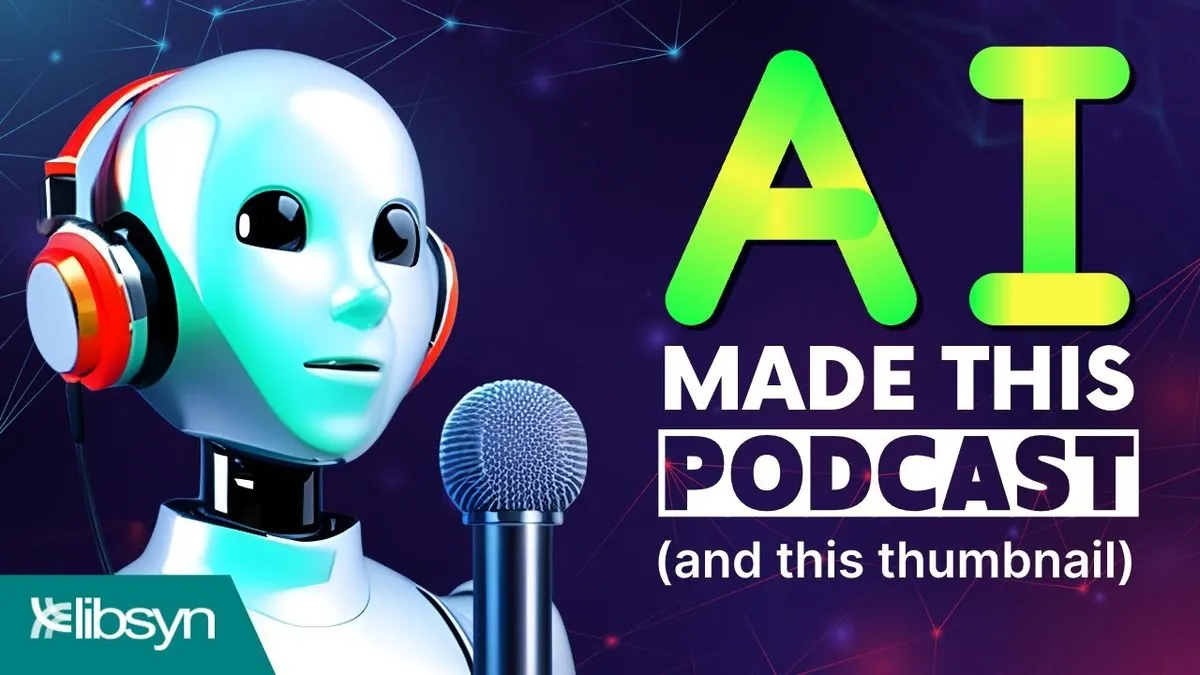Google's NotebookLM: AI-Powered Podcasts Raise Questions About Learning
Google's NotebookLM transforms text into AI-generated podcasts, offering new ways to digest information. While promising, it sparks debates about accuracy, depth, and the future of learning.

Google's latest artificial intelligence tool, NotebookLM, is revolutionizing the way we consume information by transforming text into AI-generated podcasts. This innovative technology, part of Google's efforts to make Gemini AI practical for everyday use, allows users to upload up to 50 documents and create a personalized knowledge base.
NotebookLM's ability to generate podcasts from various sources, including legal documents and academic papers, has captured the imagination of users. The tool mimics the style of a "deep dive" podcast, complete with AI-generated hosts engaging in seemingly natural conversations. This development marks a significant step in the evolution of AI, which has come a long way since the term was first coined by John McCarthy in 1956.
The potential applications of NotebookLM are vast. Steven Johnson, editorial director of Google Labs, suggests it could be used to turn homework into podcasts for listening while exercising or to make city council meetings more accessible to the public. This democratization of information echoes the impact of the first podcast, created in 2004 by Adam Curry and Dave Winer.
However, as with many AI advancements, NotebookLM raises concerns about accuracy and trustworthiness. While Google claims to have built the system to be as reliable as possible, the technology still faces challenges. Raiza Martin, the product manager for NotebookLM, acknowledges that the AI tends to make generalizations and may not always capture the nuances of complex topics.

The impact of AI-generated content on education is a topic of heated debate. Sarah Eaton, a professor at the University of Calgary, sees potential benefits in helping students grasp difficult concepts but emphasizes the importance of critical thinking. This echoes concerns raised when ChatGPT emerged nearly two years ago, sparking discussions about AI's role in academic writing.
"We have to always make sure that we're not obviating critical thinking."
As AI continues to advance, with milestones like the first AI-generated art piece sold at a major auction house in 2018, educators and students must navigate the balance between leveraging AI tools and maintaining essential skills. The key lies in using AI as a supplement to, rather than a replacement for, traditional learning methods.
In conclusion, while NotebookLM and similar AI tools offer exciting possibilities for information dissemination and learning, they also present challenges. As we move forward, it's crucial to harness the potential of AI while preserving the value of deep reading and critical analysis. The future of education may well depend on striking this delicate balance.


































